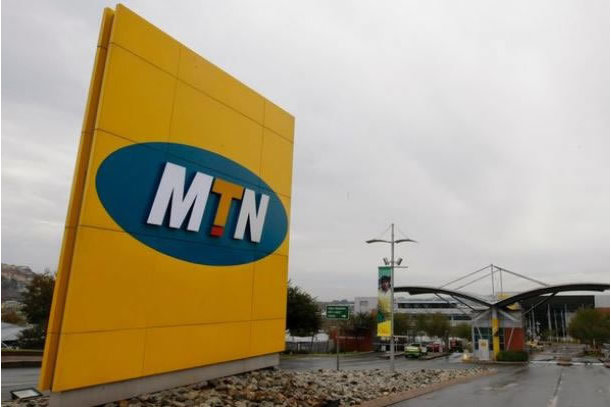Latest News
Nigeria’s FDI declines by 43% due to political risk, MTN dispute

News Highlight
FDI flows to Nigeria dropped for the second consecutive year to $2 billion in 2018.
Foreign direct investment (FDI) flows to Nigeria plunged for the second consecutive year by 43 per cent to $2 billion in 2018, according to the 2019 World Investment Report (WIR) released by the United Nations Conference on Trade and Development (UNCTAD). FDI flows to the country previously declined from $4.5 billion in 2016 to $3.5 billion in 2017 before dropping by $1.5 billion last year.
According to the latest UNCTAD report, Nigeria is no longer the largest FDI recipient in West Africa. Ghana has taken that position, posting $3 billion last year in FDI flows despite an 8 per cent drop. The UN body attributed the decline in Nigeria's FDI inflows to political risk ahead of Nigeria's 2019 general election as well as disputes between the government and some large multinational enterprises (MNEs), including MTN Nigeria.
"In 2018, both HSBC (United Kingdom) and UBS (Switzerland) closed their local representative offices in the country, and the telecommunication giant MTN (South Africa) remained embroiled in litigation related to the repatriation of profits," UNCTAD wrote in the WIR.
Meanwhile, Africa defied the FDI slump in Nigeria and the global decline, as FDI on the continent rose by 11 per cent to $46 billion in 2018. Globally, FDI fell for the third consecutive year, dropping by 13 per cent to $1.3 trillion, according to UNCTAD. The contraction in global FDI was largely due to United States MNEs repatriating their earnings from abroad, leveraging the tax reforms introduced in 2017. As a result, FDI flows to developed economies fell by 27 per cent to $557 billion, their lowest since 2004.
According to the WIR, released on Thursday, not all the sub-regions performed well. FDI flows to West Africa declined by 15 per cent to $9.6 billion, largely due to the fall in Nigeria’s FDI.
FDI flows to North Africa, however, increased moderately by 7 per cent to $14 billion. The Southern African region recorded the biggest turnaround, receiving up to $4.2 billion, compared with the previous year’s net divestment of $925 million.
The top five FDI recipients in 2018 were Egypt, with FDI inflows of $6.8 billion, despite contracting by 8 per cent. South Africa more than doubled its FDI flows, from $2 billion in 2017 to $5.3 billion in 2018. The Republic of Congo recieved $4.3 billion in FDI, while Morocco increased by 36 per cent to $3.6 billion.
UNCTAD stated that France is the largest investor in Africa, although its stock of investment (64) has remained unchanged since 2013. Other top investors include the Netherlands (63), United States (50), United Kingdom (46), China (43), Italy (28) and South Africa (27). According to the UN body, the growing demand and a corresponding rise in the price of the commodities, which Africa is a key producer, are expected to increase FDI flows to the continent in 2019.
The growing number of special economic zones (SEZs) across Africa could be one of the factors that would attract foreign investment to the continent in the coming years. SEZs are operational in 38 African countries. Kenya has the highest number with 61 SEZs, followed by Nigeria (38), Ethiopia (18), Egypt (10) and Cameroon (9).
Related News
Latest Blogs
- Assessing the National Policy on Marine and Blue Economy
- When the intent of taxation reset diverges from its execution
- Towards healthcare system that protects patients and is fair to practitioners
- Outlook on 2026 global remittances and Nigeria
- Putting food at the centre of Nigeria’s health reform
Most Popular News
- Artificial intelligence can help to reduce youth unemployment in Africa – ...
- NDIC pledges support towards financial system stability
- MTN is named the best mobile Internet leader in Nigeria
- Afreximbank ends its credit rating relationship with Fitch
- Cuts to donor funding threaten the right to health
- Global job quality stagnates despite resilient growth – ILO









